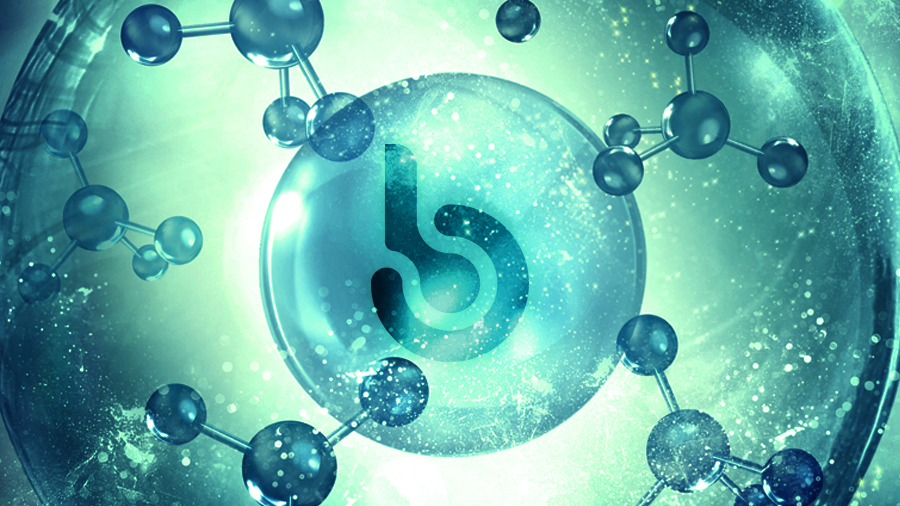Scientific Context of the Project
Tissues and organs comprise cells, intra- and inter-cellular components that are highly organized both in organismal space and developmental time. Tissue functionality arises from the finely orchestrated interactions of such components, which are regulated by a multitude of chemical and physical stimuli. Organ-on-a-chip platforms hold a great promise to generate models to mimic the natural biological tissue microenvironments and to recapitulate tissue and organ formation and maturation. Induced pluripotent stem cell (iPSC) derived organoids are emerging tools that bring inspiring in vitro venues to study development of complex physiological systems and form disease models. Such organoid based on-chip disease models are capable of recapitulating dynamics of the organ formation and anlage cellular condensations at the early development. This project will focus on generate ocular and neural organoids from healthy and patient derived iPSCs towards generation of assembloids. Bioengineering approaches will be utilized to design and fabricate 3D microenvironments with well-defined shape and material composition mimicking intricate native niches hosting the assembloids. Neuro induction of ocular organoids will be investigated using MultiOMICS approaches under dynamic mechanotransduction provided by microfluidic chip. Our group harmonizes fundamental sciences such as chemistry, biology, and physics with principles of engineering to generate innovative and effective therapeutic approaches, tissue mimicries and medical microdevices for medicine and pharmaceutical sciences. The focus of the lab is to bioengineer novel native-like 3D cellular microenvironments, organ-on-a-chip platforms, and cell therapy approaches and to translate them for direct applications in human health.
Innovative Aspects of the Project
The project will assimilate cutting edge life science and bioengineering tools to develop novel approaches in developing in vitro disease models through replicating natural intricacies. Accumulated knowledge in induced pluripotent stem cell based organoid techniques facilitate better models emulating the native tissue. Merging multiple organoids to form assembloids is a novel access minimizing the limitations of organoid research. The project will also focus on bioengineering the microphysiological environment reinstating the natural stimulants on in vitro developed organ models. Finally, multiomics approaches will play substantial role in gathering all possible information from in vitro model and facilitate the identification of functional assets.
Research Environment and Infrastructure
IBG Güven Lab has capacity to fabricate microfluidic devices, perform biomaterial synthesis and surface modifications. Cutting edge instrumentation for facilitating microfluidic and 3D dynamic cultures. Besides, IBG has currently 9 core facilities, covering 6.600m2 of space. Flow Cytometry and Cell Sorting Facility (FCCF): The flow cytometry facility at IBG is equipped with three state-of-the-art machines, making it the best equipped flow cytometry facility in Turkey to date. Two cell analyzers are hosted: BD Canto II and a BD LSR Fortessa X20. The cell sorting is performed on the latest BD FACSARIA III. Imaging Core: The Combination System of Electron and Confocal Microscopy (Shuttle & Find-Zeiss Sigma 500 Electron Microscopy + Zeiss LSM 880-Confocal Laser Scanning Microscopy with Airyscan), Histopathology Core, Vivarium and In Vivo Imaging Facility: The vivarium has the capability to host 20.000 rodent and 2.000 zebrafish within its 3.500 m2 space. Biobanking Core Facility: The equipment includes automatic H&E, immunohistochemistry staining, cytospin and a Tissue MicroArray device (https://www.ibg.edu.tr/research-programs/groups/guven-lab/).

ORGANOMIC
Assoc. Prof. Sinan Güven (IBG)
Assoc. Prof. Bora Garipcan (BOUN)
Assoc. Prof. Cumhur Tekin (IZTECH)
Dokuz Eylül University, Izmir International Biomedicine and Genome Institute, Dokuz Eylul University Health Campus, Balcova/İzmir
Dokuz Eylül University, Izmir International Biomedicine and Genome Institute
PhD in Biomedicine and Health Technologies
Radboud University, Nijmegen, Netherlands
Fujifilm VisualSonics (NL) and Istanbul Health Industry Cluster (ISEK)